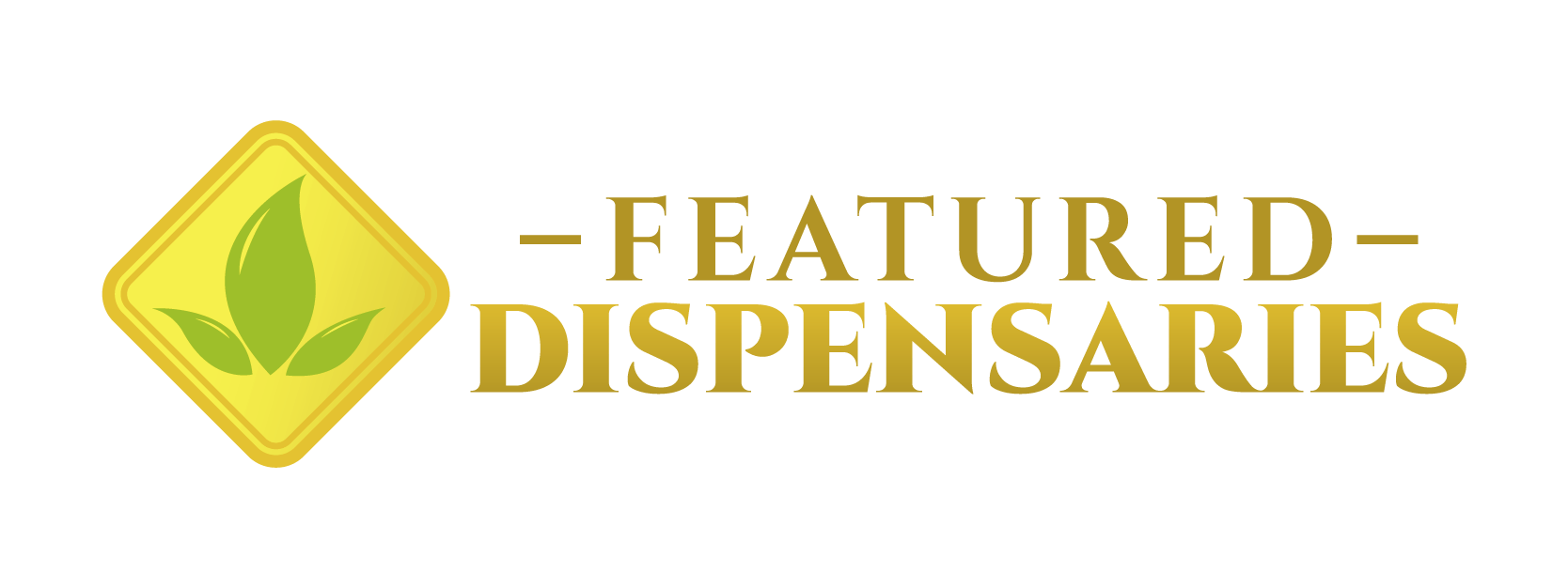Nevada’s once-booming legal cannabis industry is facing a concerning decline in sales, with state officials and dispensary owners pointing to the rise of the illegal market as a key factor. Despite the state’s efforts to regulate and tax cannabis, illicit operations have flourished, offering lower prices and avoiding the burdensome regulations that licensed businesses must follow.
According to the Nevada Cannabis Compliance Board (CCB), legal cannabis sales in the state have dropped by nearly 15% year-over-year, marking one of the most significant declines since recreational cannabis was legalized in 2017. Dispensary owners, particularly in Las Vegas—one of the largest cannabis tourism markets in the country—are feeling the impact as customers increasingly turn to unlicensed sellers.
Illegal Market Undercutting Legal Sales
The primary driver behind the slump appears to be the price disparity between legal and illegal cannabis. Licensed dispensaries are subject to state and local taxes, regulatory fees, and testing requirements, all of which drive up costs. Consumers, looking for more affordable options, are increasingly purchasing from underground dealers who avoid these expenses.
“People are walking into our shop, looking at the prices, and then telling us straight up that they can get the same product on the street for half the price,” said Mike Ramirez, owner of a Las Vegas dispensary. “We just can’t compete with the black market in terms of price.”
In Nevada, cannabis sales are subject to a 10% retail excise tax, a 15% wholesale tax, and additional local taxes, making it one of the most heavily taxed cannabis markets in the country. Illicit sellers, operating outside these constraints, can offer significantly lower prices while avoiding compliance costs such as lab testing, packaging, and licensing fees.
Las Vegas: Find a Dispensary
Tourists and Locals Fueling Underground Sales
Another key factor in the rise of illegal sales is the lack of public consumption spaces in Las Vegas and other Nevada cities. While cannabis is legal to purchase, it cannot be consumed in hotels, casinos, or most public areas, making it difficult for tourists—who make up a significant portion of cannabis sales in the state—to use their purchases legally.
“Tourists come in, buy a pre-roll, and then realize they have nowhere to smoke it,” said Ramirez. “Then they go looking for alternative options, and illegal delivery services are more than happy to provide.”
These unlicensed delivery services, which operate openly on social media and through word-of-mouth referrals, have exploited the gap in Nevada’s legal framework. Unlike dispensaries, they do not have to follow strict zoning laws or invest in expensive storefronts, allowing them to operate more efficiently.
State Officials Respond
Nevada regulators are aware of the problem and are considering new policies to counteract the illegal market. The state is working on rolling out cannabis consumption lounges, which could give tourists a legal space to consume cannabis, potentially reducing demand for illicit sellers. Additionally, law enforcement has increased efforts to shut down illegal operations, though the decentralized nature of underground sales makes enforcement challenging.
However, industry leaders argue that lowering tax rates and reducing regulatory burdens might be the most effective way to bring consumers back to the legal market. “If we don’t make legal cannabis more affordable and accessible, the black market is going to keep thriving,” said Ramirez.
As Nevada grapples with these challenges, the future of its legal cannabis industry remains uncertain. If policymakers fail to curb illegal sales, the state risks losing millions in tax revenue and undermining the very system designed to regulate cannabis safely.
Related Article: The Hidden Dangers of Black Market Cannabis: A Risk Not Worth Taking
